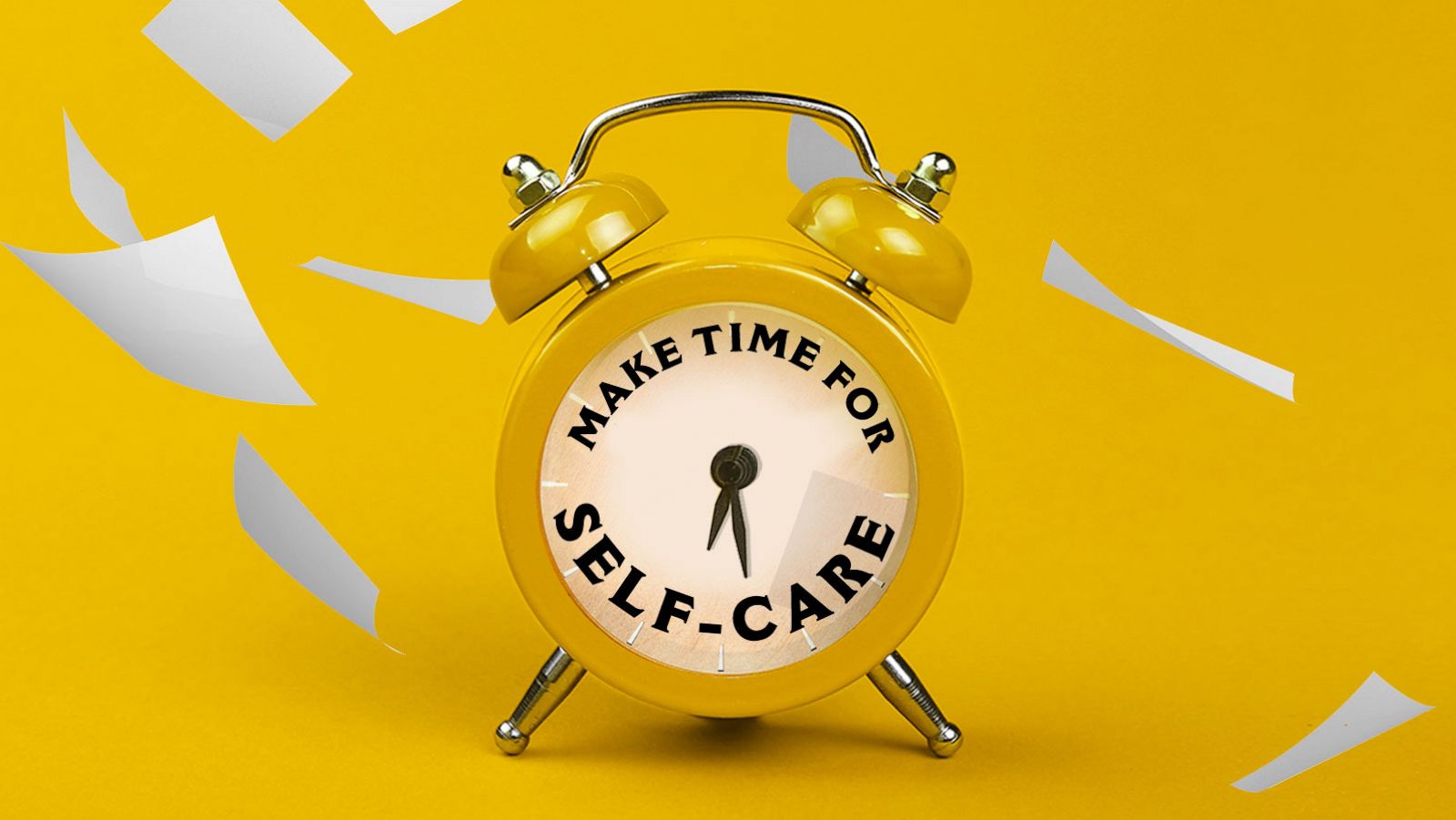It’s always important to practice self-care, but it is especially important during graduate school and while you’re working on your thesis or dissertation. We’ve written about this a number of times on our blog (like here and here, for example), but things feel different right now. We are in the middle of a global pandemic, and this is new to all of us. There is an added level of stress to our everyday lives, and it’s important to manage that stress in order to stay physically and mentally healthy, as well as to stay productive in both our academic and professional work – not to mention in order for us to be able to be there for others in our relationships (of all kinds). Stress affects the body and brain, and it’s important to manage it in a healthy way.
Right now, in addition to your “regular” schoolwork and career, you might also be balancing caregiving for elderly family members, having children at home, while they’re out of school, worrying about the health and safety of loved ones, or you might be facing stress due to being out of work – all on top of the uncertainty and concern about COVID-19. Take a deep breath. You’re not alone.
Contrary to what you might think from social media, self-care is not all long bubble baths, mineral soaks, massages, or eating chocolate. It’s not all lazy days and takeout or spa days and long hikes. You can do simple, low-cost, or free, activities every day in order to rest, recharge, and fill your personal cup.
Here are some ways to help you rest and practice self-care during this time. What works for one person might not work for another, and each person needs to do what’s best for them. There is no one “right” way to practice self-care – so don’t be hard on yourself about this!
Unplug for a bit. Yes, this means your phone, your laptop, your tablet, your smartwatch – turn it all off. Get outside (if you can) and take a walk, even if it’s just around your block. Fresh air will do you a world of good. If the weather isn’t cooperating, unplug from the electronics and open up some windows to let some fresh air in anyway. Do some deep breathing and listen to the sounds around you. Take a nap. Read a book that has nothing to do with your schoolwork or research.
Turn off the news. Yes, it’s important to be informed. But listening and watching 24/7 can trigger anxiety. Pay attention to your news sources (ie, are you getting your information from a friend on Facebook? Maybe stick to places like WHO and CDC). Determine how much news you can handle without becoming overly anxious. It’s okay to take a day off from the news. Really.
Try to get rest. Sleep is so important for your health. Especially in times of stress, you need more sleep because your body is being worn down. If you’re having trouble sleeping, think about practicing good sleep hygiene to help get back to a sleep routine.
Be mindful of caffeine consumption. We realize this may be a hard one for many people. Don’t get us wrong – we love our caffeine, too. But it can contribute to insomnia, jitters, and anxiety. Too much can definitely be a bad thing. Consider cutting back your caffeine consumption.
Step away from your desk. If you’ve been turning to work as a distraction, we give you permission to get up and stop working, even if only for an hour or two. You need breaks in order to maintain productivity long-term, as well as to maintain focus. Watch a 30-minute television show, call a friend, rest on the couch, sit on your porch or step – just get up from the desk and take a break.
Treat yourself. What do you love? Try to do more of it or treat yourself to something you love, if you can. Whether that means cooking an elaborate meal for no reason - go ahead! Maybe it’s a long, leisurely walk around the neighborhood, or sleeping in late one day. Movie marathon? Downloading a new album or a movie from Prime? These are challenging times – it’s okay to treat yourself. You’re doing great.
Stay connected. Just because we’re practicing social distancing doesn’t mean we are alone. Call a friend, or better yet, FaceTime or Skype with them. If you have a group of friends who hang out, why not have a Zoom hangout session? Call family members who are older or whom you haven’t seen in a while. Send that email you’ve been meaning to send, to catch up with that friend. Especially when we can’t physically be with others, staying connected is important in times of stress.
Seek assistance. If stress is interfering with your ability to function in everyday life, or it’s significantly impacting your ability to take care of yourself or others, call your doctor. You might benefit from talking with someone, even if it has to be over the phone right now. Many people talk to a counselor for one reason or another, and there’s nothing to be ashamed of. This is not a normal time, and there are no “normal” reactions to this.
Dissertation Editor is here for you. We are going through this with you, and we know that you still have obligations to meet during this time. Having thesis or dissertation work to do right now can be made harder with all of these additional stressors. We’re here to help guide you through it and provide support and assistance. Contact us today to learn more about our services.
< National Library Week! April is D.E.A.R. Month >